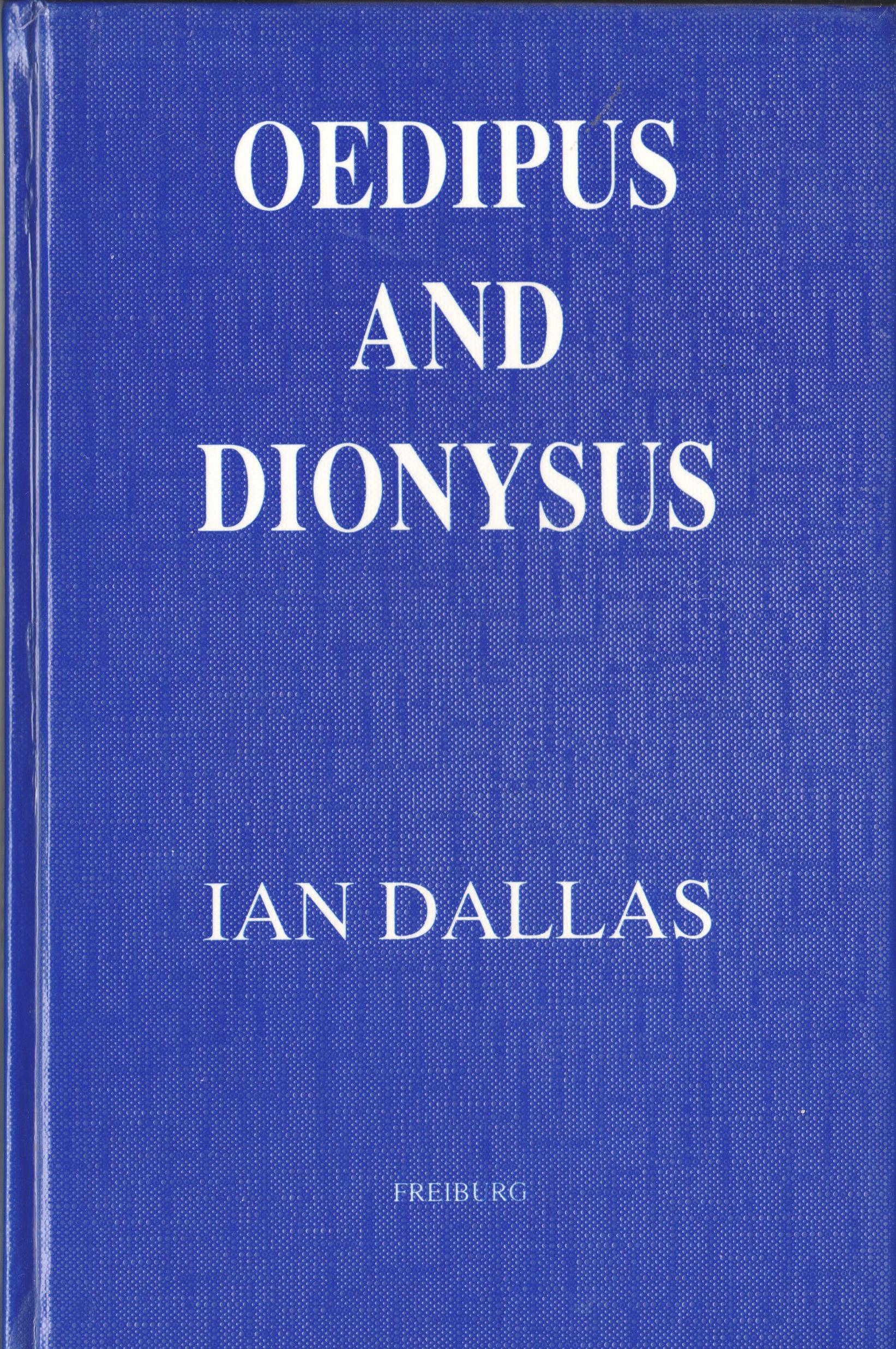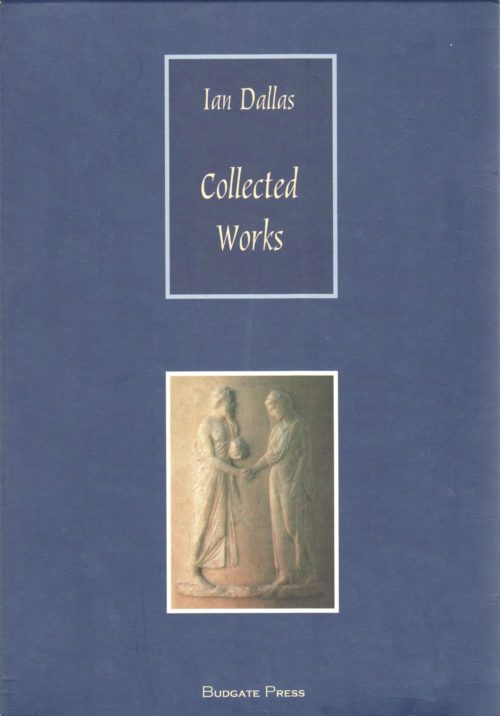Description
In the postface, the author states,
A new society needs a new man, or we would insist, a new man and a new woman, a collaborative couple. This implies, therefore, a non-Oedipal partnership, both in its past and in its formation of a possible future…The Overman must be raised in a setting free of imprinting, that assures in the emergent young that they will not helplessly fall into the robotic repetition of that infantile crime visited upon them by in turn somnambulistic parents.
The Sophoclean version of the Oedipal legend – and remember that this forms the cornerstone of psychoanalytical theory which in turn defines the psycho-political norms of modern societies – denies transcendent freedom to the hero by defining life, both political and psychic, as an inescapable and pre-designed trap. By the very act of decoding the riddle, he springs the jaws of the trap; he is caught, determined.
In this scenario, the message is clear. Do not question, resistance is futile. Struggle will only tighten your noose.
It is not hard to recognise a parallel between this picture of the trapped individual, and the larger one of the whole society, a nation’s economy, caught in the grip of apparently mysterious market forces, that remain an unbreakable code except to a privileged few, who may, for a fee, let us in on the secret, and play the game. The monetarist expert becomes the psychoanalytical high priest. Our debt is also our guilt.
Breaking new ground in Oedipus and Dionysus, the author deconstructs the Oedipal legend to offer a way out.
It is on going back to the sources of the Oedipal legend that it is possible to realise that there is a version of the tale which is devoid of the Sophoclean enframing…
The nub of the matter is that the deconstruction of European culture is deeply involved with the twin phenomena, the psychoanalytical programming and the inability of ‘democratic’ man to inhibit the evolution of advanced usurious practice.
It is doubtful if banking could have reached its present position of near absolute power if man had not been re-processed as a passively acceptant victim, convinced of his own culpability, and stoically doomed to the personal and political state in which he lives and for which he heroically accepts resigned responsibility.
The infantile trauma which Freud unveiled to the world as a historical reality, became re-defined as a fantasy projection, and on this basis the procedure of therapy unfolded; that is, on a foundational ambiguity as to what was real and what was fantasy.
If the human being could not be sure of the very core of himself…how could he be in any condition to identify the imposition of false money?
(Abdalhamid Evans, “Being in the World” 2013)
14.5 x 22 cm. 82 pages
Ian Dallas
Scottish-born author Ian Dallas trained at RADA in London and attended the University of London. He became a contracted playwright for the BBC and worked in film with Federico Fellini. He later entered Islam, writing the seminal novel ‘The Book of Strangers’ based on his experience.
His writings cover diverse subjects such as classical music and its politics (‘The New Wagnerian’), twentieth century history (‘The Ten Symphonies of Gorka König’), chivalry in Tudor England (‘The Interim is Mine’), Roman politics (‘The Engines of the Broken World’), and the inception of modern democracy in the French Revolution (‘The Time of the Bedouin’).
Under his Muslim name, Shaykh Abdalqadir as-Sufi, he publishes works on Islam, and is the intellectual and spiritual mentor to a large and influential community of Muslims in various parts of the world.






Reviews
There are no reviews yet.